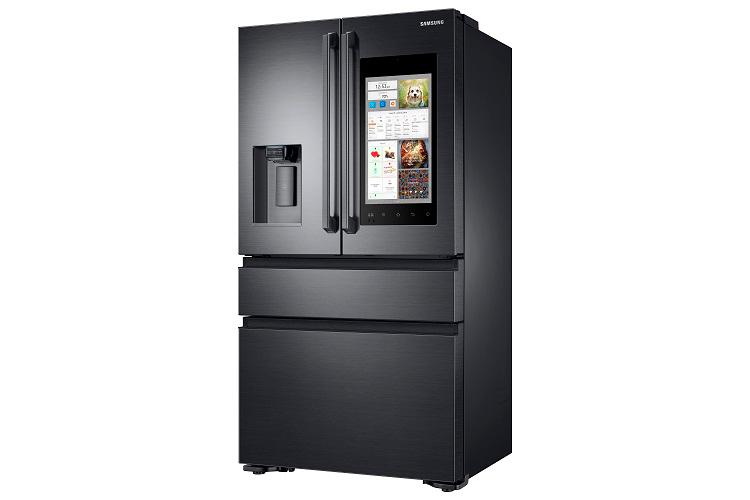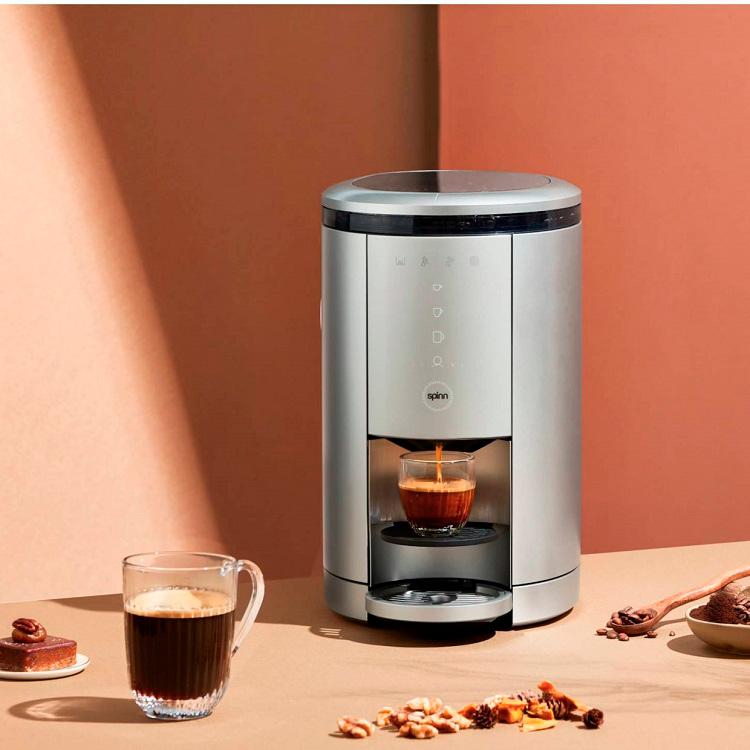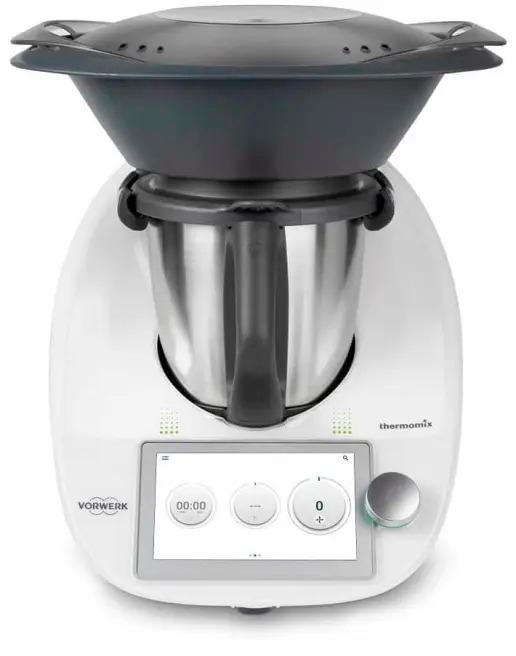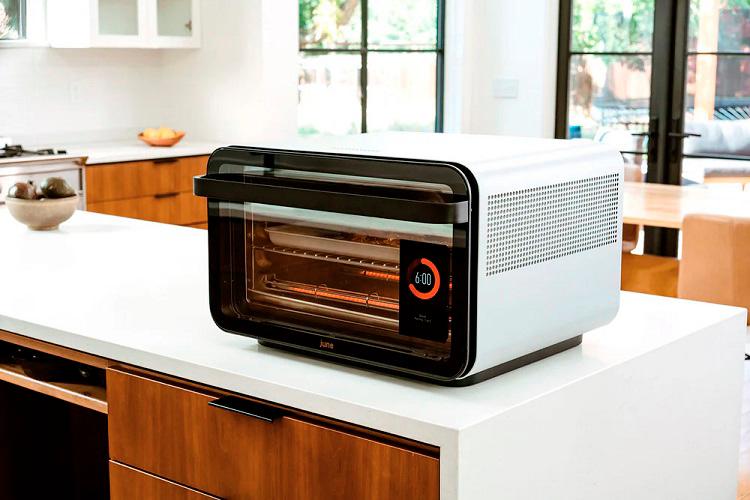ORIGINALLY developed as part of an enemy detection radar to be used during the World War II, the compact cavity magnetron tube’s ability to heat food was discovered by the engineer Percy Spencer in 1945.
Roughly 30 years later, the original microwave ovens were made available commercially, changing the way residences and businesses approached cooking.
Today, there is an even bigger transformation that is occurring as artificial intelligence (AI) enters the kitchen to provide an avenue for even the most hesitant cooks to become confident culinary creators.
From smart ovens to refrigerators, here are some of the leaps being made by AI-powered appliances as they redefine what used to be considered traditional home cooking.

New sous chefs
Leading the smart kitchen revolution are AI-enabled ovens that take the guesswork out of cooking. These innovative appliances use advanced cameras and sensors to recognise food items and automatically adjust cooking settings.
Take the June Oven, for instance. This smart oven is able to identify over 50 common foods and suggest optimal cooking times and temperatures. Imagine placing a salmon fillet in the oven and having it cooked just right without checking a recipe or timer.
That is the reality these smart ovens currently deliver.
Beyond basic food storage
Traditionally, refrigerators do only two things. It keeps food and beverages cold or it freezes them. Today’s smart refrigerators do much more than that. They are becoming “central hubs” for kitchen management, equipped with AI that helps track inventory, suggest recipes based on available ingredients and alert its owners when the food inside is about to spoil.
As crazy as that all sounds, Samsung’s Family Hub refrigerator series has been doing it all for a while now. Currently in its Family Hub+ iteration, these smart refrigerators are able to do a multitude of things, such as recognise items as they are placed inside while automatically updating the digital inventory.

Personal barista
The morning coffee routine has received a smart upgrade too. AI-powered coffee makers such as the Spinn Coffee Maker, or its upcoming second version, learn user preferences over time and adjust brewing parameters to match their taste.
These machines can be controlled through voice commands or smartphone apps, allowing owners to start brewing before they even get out of bed.
Recipe-guided cooking systems
One of the most significant innovations in smart kitchen technology is the emergence of guided cooking systems. Devices such as the Thermomix TM6 combine multiple kitchen appliances into one smart hub, with AI providing step-by-step cooking instructions. These systems can weigh ingredients, adjust cooking temperatures and even tell users when to add the next ingredient, making complex recipes accessible to novice cooks.

Voice-activated assistants
While not appliances themselves, voice assistants such as Alexa and Google Home have become invaluable kitchen companions. They can set multiple timers, convert measurements, read recipes aloud and even order missing ingredients. This hands-free help is particularly useful when your hands are covered in flour or other ingredients.
Impact on home cooking
The integration of AI into kitchen appliances is doing more than just making cooking easier – it is changing people’s relationship with food preparation.
As AI and technology continue to evolve, more innovations can be expected such as how predictive AI could be used to learn a household’s eating patterns and habits in order to suggest meal plans for each individual, from the meat eaters to the pickiest vegetarians.









